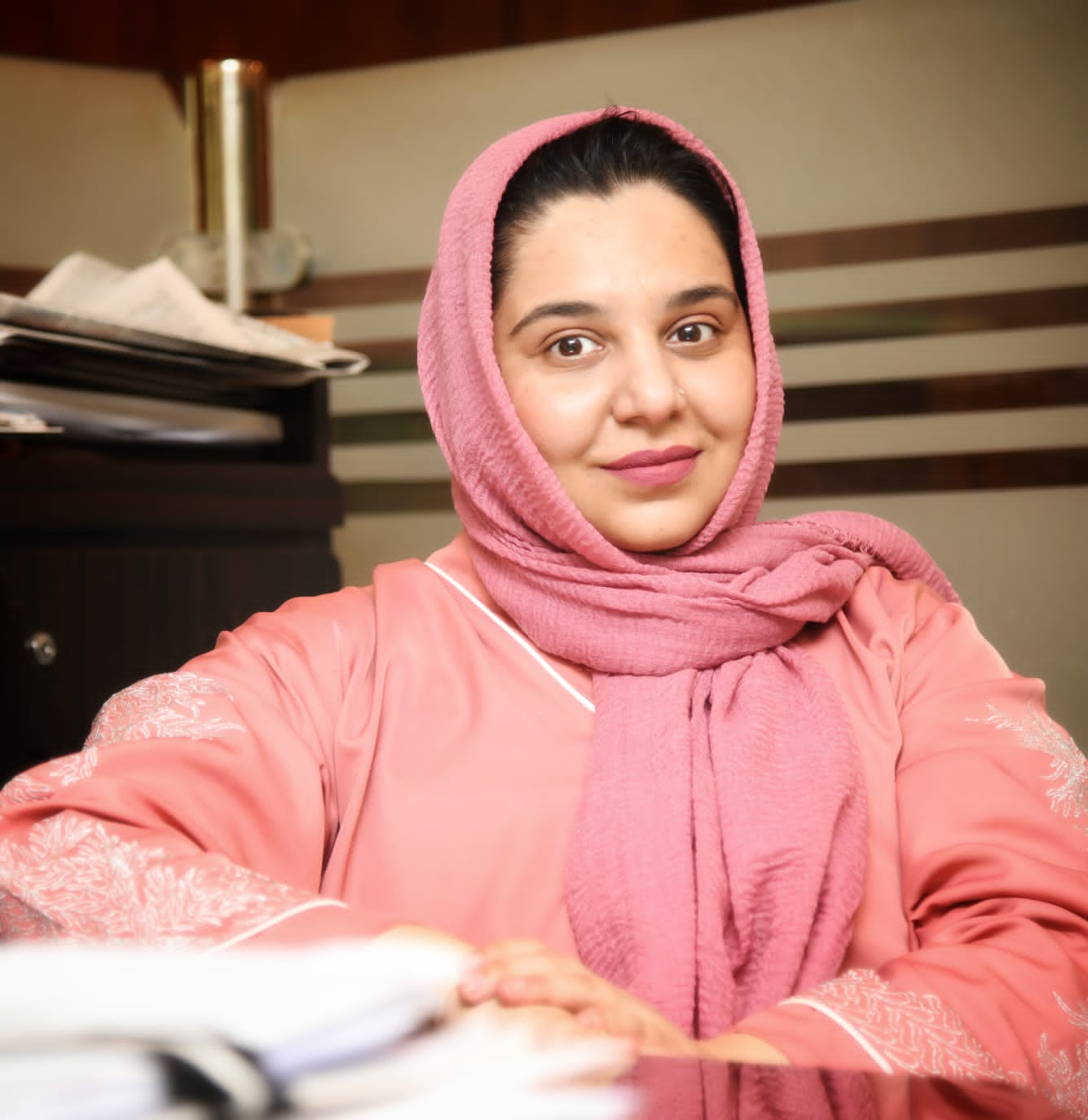By Sadaf Ibrar
In the heartbeat of bustling offices and the rhythm of workdays, an unsettling issue often goes unnoticed—the silent struggles faced by many in the realm of workplace harassment. It is time to delve into the emotional terrain of this predicament and explore Pakistan’s revamped legal framework, seeking not just justice but a cultural shift towards empathy and understanding.
Amidst the echoes of change, President Arif Alvi’s recent address at an anti-harassment ceremony stands as a beacon of hope. His words resonate with a promise to transform workplaces for women, ensuring protection not only within office confines but also in public places and during travel. The President’s vision transcends rhetoric, challenging ingrained attitudes that perpetuate difficulties faced by women. The question lingers: Will these words become a catalyst for real change?
President Arif Alvi’s vision aligns with the legal landscape shaped by the Protection Against Harassment at the Workplace Act in Pakistan. Beyond being a mere set of rules, this policy encapsulates a commitment to fostering a workplace culture where respect is paramount, and harassment is vehemently condemned.
This policy is a living testament to the acknowledgment that every individual deserves to work in an environment free from fear and discomfort. It stretches beyond the black and white of legal jargon, promising employees that their well-being is not just a policy; it’s a core value. Within the revamped legal framework, specific sections are now dedicated to addressing harassment in Pakistan. These sections not only outline procedures for reporting incidents but also ensure protection for those courageous enough to speak up. It’s a concerted effort to dismantle the barriers of silence and secrecy.
Women’s Harassment Act
At the core of these legal advancements is the Women’s Harassment Act, a robust foundation for protecting women in the workplace. It extends its reach beyond office walls, providing a shield in public places and during travel. This act is a testament to the resounding acknowledgment that women deserve protection wherever their professional journey takes them. President Arif Alvi doesn’t just acknowledge the issue; he confronts the prevailing norms where inappropriate behavior is dismissed as commonplace. His questions resonate with frustration and urgency, challenging how long these norms will persist. The president keenly understands the challenges faced by women in offices—where casual comments and unwanted advances are often considered the norm. The president’s plea is a wake-up call to dismantle the normalcy surrounding harassment. It’s a plea for swift and decisive action, turning words into a reality where individuals—especially women and newcomers—feel safe, respected, and heard in their workplaces.
As we navigate through this emotional terrain of workplace harassment and legal reformation, it’s clear that empathy is the key to unlocking lasting change. President Arif Alvi’s vision becomes a guiding force in this journey—one where policies are not just words on paper but instruments of empowerment and protection. Let us walk hand in hand towards workplaces where empathy reigns, harassment is eradicated, and every individual’s dignity is cherished.























